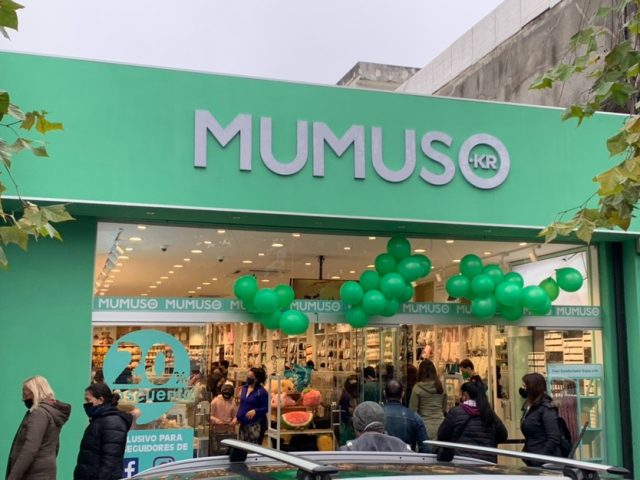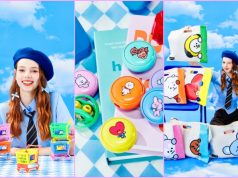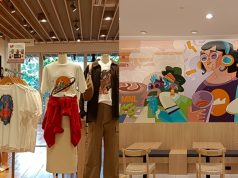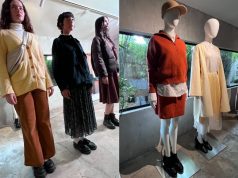Confusion between lifestyle brands Miniso, Yoyoso, Mumuso, Uniqlo, Muji recently grew not just because of their rhyming names but also because of their brand identity.
Recently, the Chinese lifestyle brand Miniso made headlines after it drew flak for posting a picture of dolls, one of which it called a “Japanese geisha doll” but which Chinese social media users pointed out was wearing a qipao dress, a traditional Chinese outfit.
The brand also copied clothing brand Uniqlo’s logo style.
Miniso has since apologized after the backlash saying had “taken the wrong path” with its brand positioning and marketing strategy, having hired a Japanese designer as its chief designer between the end of 2015 and 2018.
READ: Chinese retailer Miniso to ditch Japanese styling after backlash
Branding confusion
After the backlash on Miniso, Mumuso’s branding also gained buzz online.
Mumuso, another Chinese company that markets itself as a Korean brand, has also confused some Filipino consumers.
“Wait, Miniso and Mumuso are Chinese brands?!?! I thought Miniso was Japanese and Mumuso was Korean,” an online user said.
“The fact that I thought Mumuso is a Korean brand, Miniso is a Japanese, and Mixiso is a Chinese THE WAY I CAN DIFFERENTIATE THEM,” a Twitter user wrote.
“Ok, so I just learned that Miniso and Mumuso are both Chinese companies pretending to be Japanese and Korean,” an online user said.
Another online user said that the “country of origin is not the problem” but their “misrepresentation.”
In 2019, the South Korean government ordered Mumuso to shut down its stores in Korea.
Mumuso was founded in 2014 in Shanghai, China, where it opened its first two stores.
The company opened an office in South Korea in the same year, but according to The Korea Bizwire report, the office only exists on paper.
According to the same report, the company has no staff or equipment in the country and opened only to create the appearance it was Korean.
The report said that the brand sold its products with the slogan “we came from Korea.”
After receiving backlash, the brand marketed itself as “inspired, developed, and conceptualized by Korean trends and culture.”
Despite this rebranding, the word “.kr” is noticeably inscribed beside Mumuso’s signage in most of its stores.
In 2016, it opened its first overseas store in the Philippines. The company has over 2,800 stores in over 40 countries, based on Mumuso’s website.
Meanwhile, aside from Mumuso, other lifestyle brands with similar elements in marketing are Yoyoso, Muji and Uniqlo.
- Yoyoso is operated and managed by Hongkong Yoyoso Trading Limited. It was founded by Huan MA in 2014.
- Muji is also a Japanese lifestyle brand launched in 1980.
- Uniqlo is a Japanese clothing brand founded in 1949.










